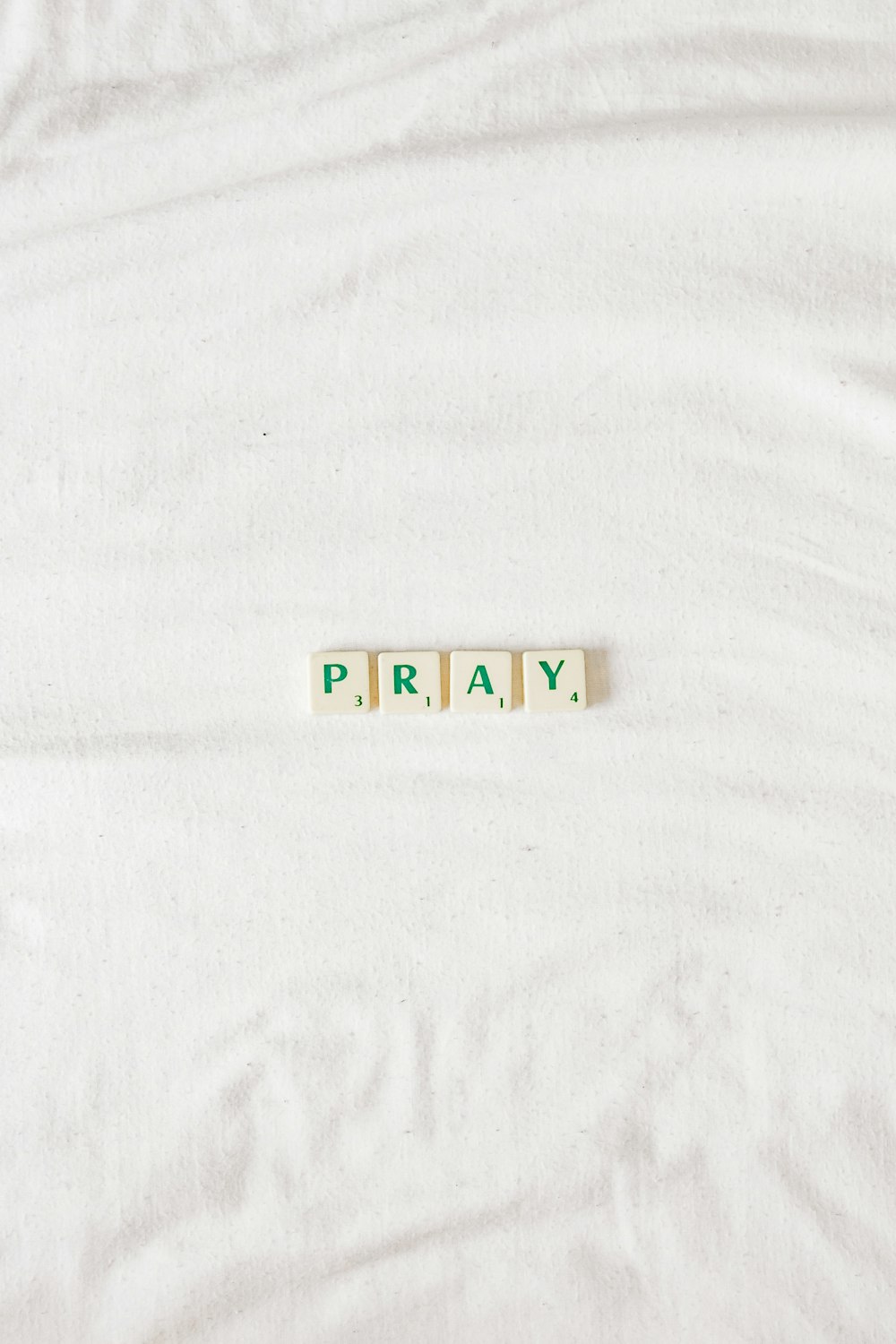At some point, we all reach a point of frustration in any relationship where we don’t want to talk to the other person. Our spouse, friend or child, or co-worker disappoints us, or doesn’t meet our expectations. We feel like they aren’t listening or don’t do what we want them to do.
Frustration, anger, disappointment are a part of every relationship we have.
We will experience the same thing in our relationship with God.
He will frustrate us by not doing what we want. Disappoint us by not moving on our timetable or giving us the life we think we deserve.
This is where Jonah finds himself at the end of chapter 1.
One thing has always fascinated me about Jonah. We often get caught up in the big fish. Was it real? Could that happen? Is the impossible possible?
While those are valid questions we have to wrestle with, they can cause us to miss some of what is going on.
Jonah 1:17 says Jonah was in the belly of the fish three days and three nights.
Then Jonah prayed.
Jonah sat in silence, brooding in his anger and frustration.
Have you ever been so angry with God that you didn’t talk to him? Have you ever been so frustrated with God that you left him alone?
I have. Jonah has. And many other people in Scripture have as well.
To pray to God in our frustration, hurt, and anger, we must admit that we have frustration, hurt, and anger towards God. For some, this feels like a sin. But I don’t think it is. I believe it is the natural processing of our emotions and what is going on in our hearts. Some of us don’t think God cares about those things, that we are only supposed to feel joy or happiness with God.
Yet, here is what is amazing about Jonah’s prayer found in chapter 2. He says that he prayed five times, and five times it says that God answered.
Jonah was angry, Jonah was silent with God, and God waited patiently in his grace, waiting for Jonah to be ready to talk.
What grace.
When Jonah prays, he prays the Psalms. This is a practice used throughout church history. When we don’t know what to say when we pray, using Scripture is a powerful practice. Using a psalm as a launching point for my prayers, even utilizing a psalm as prayer, has been a balm for my soul in these last few years when we’ve all experienced so much loss and disappointment.
Finally, in verse 9 of chapter 2, Jonah says, Salvation belongs to the Lord. Salvation can also mean deliverance or rescue.
Pray for the rescue; pray for deliverance. Deliverance and rescue may not look like we expect. For Jonah, he experienced deliverance and rescue in the great fish, but then God sent him to Nineveh, which isn’t necessarily what Jonah wanted to do.
But I think, as we bring God the deepest places of ourselves in prayer, we learn to trust God in more profound ways so that in His rescue, while not what we might expect or want at the moment, we begin to see how that is God’s grace to us and good for us.







